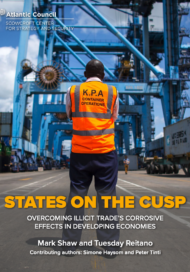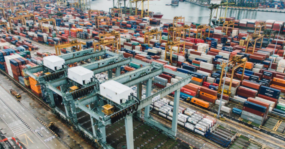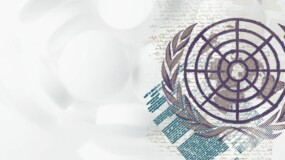Posted on 23 Oct 2020
This study is the culmination of two years’ work conducted by the Atlantic Council’s Scowcroft Center for Strategy and Security in cooperation with the Global Initiative Against Transnational Organized Crime.
Illicit trade is an umbrella term that covers multiple crimes and commodities, including the theft, diversion, adulteration, counterfeiting, and production of substandard goods, all acts which can occur at multiple points along a supply chain. It is initiated, enabled, and protected by a wide range of actors, from unethical corporations and corrupt officials at all levels of government to armed violent groups in conflict zones and organized crime networks operating locally and transnationally.
As global trade routes increasingly encompass developing economies—as a source, transit, and market for consumer goods—they present unique challenges to creating effective national and, by implication, regional and global regimes against illicit trade. For many states around the world, and especially in the Global South, these challenges threaten to destabilize social, economic, and political structures. These states are the world’s “states on the cusp.”




